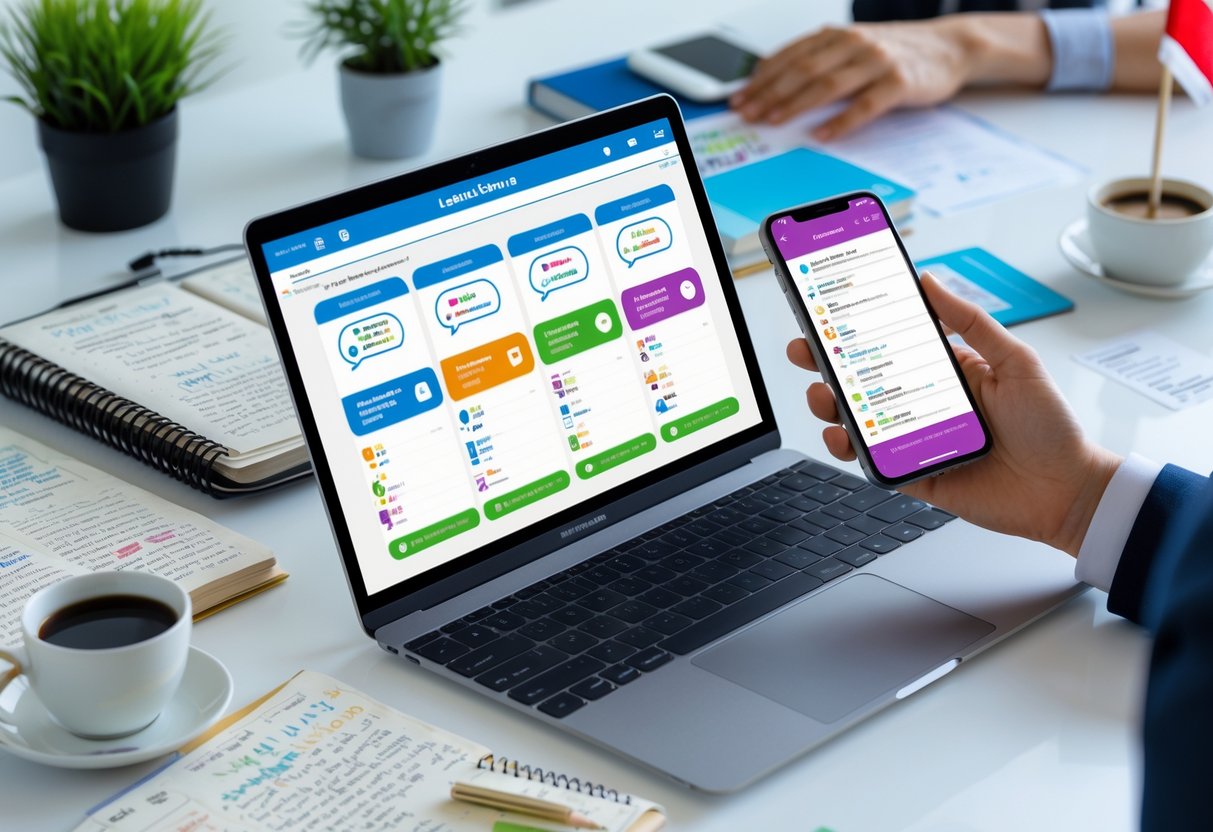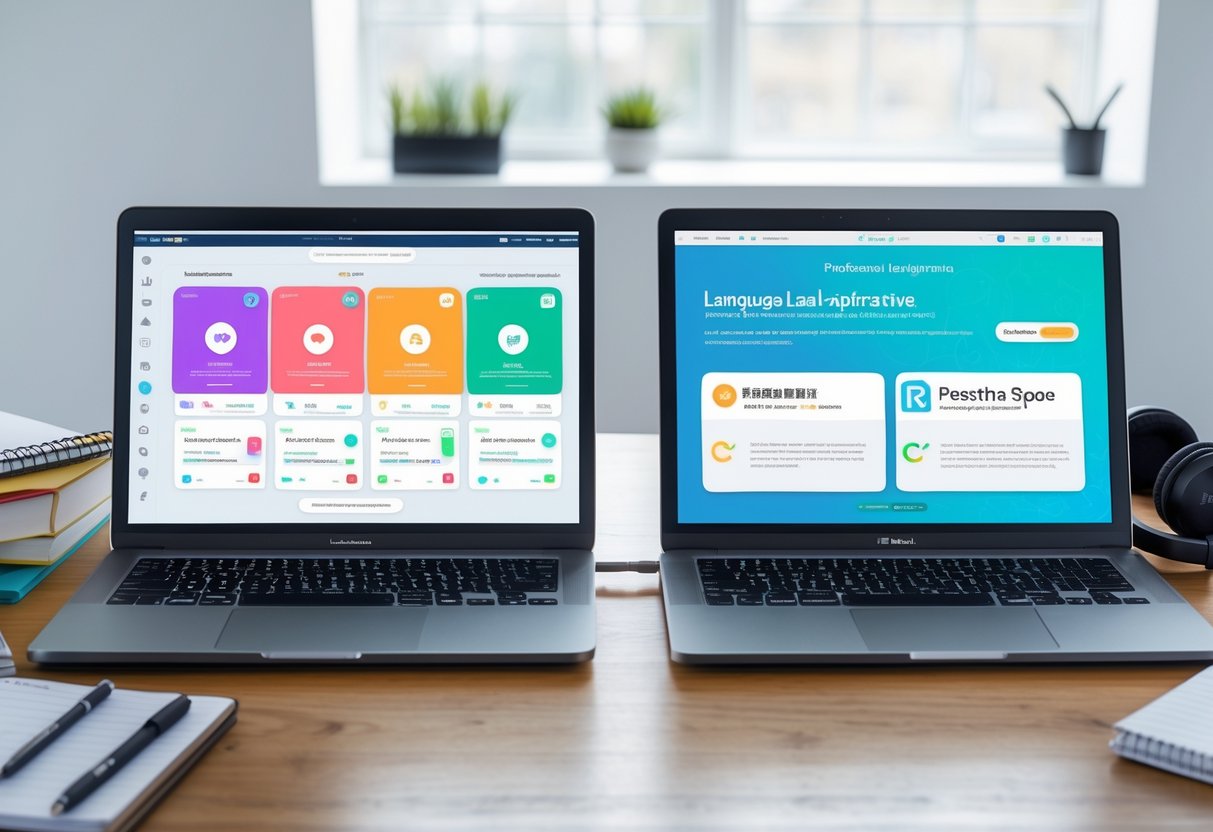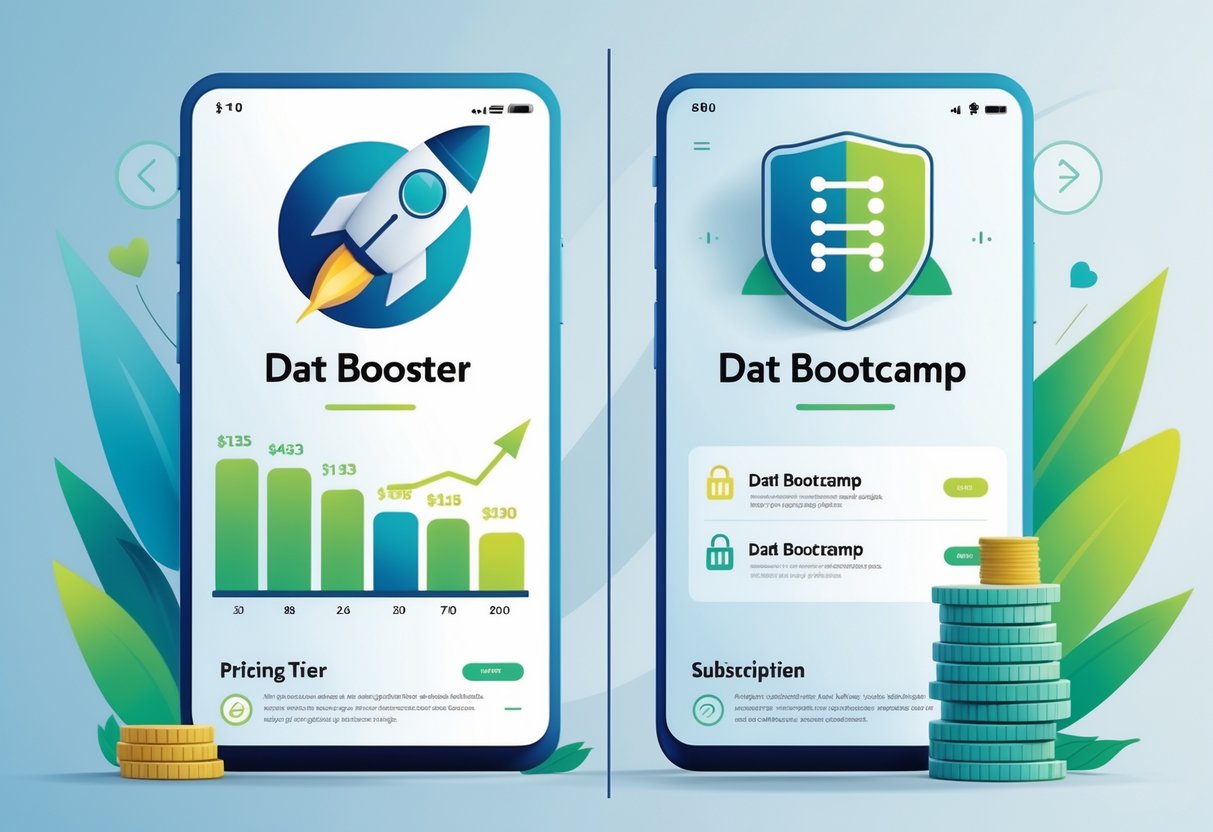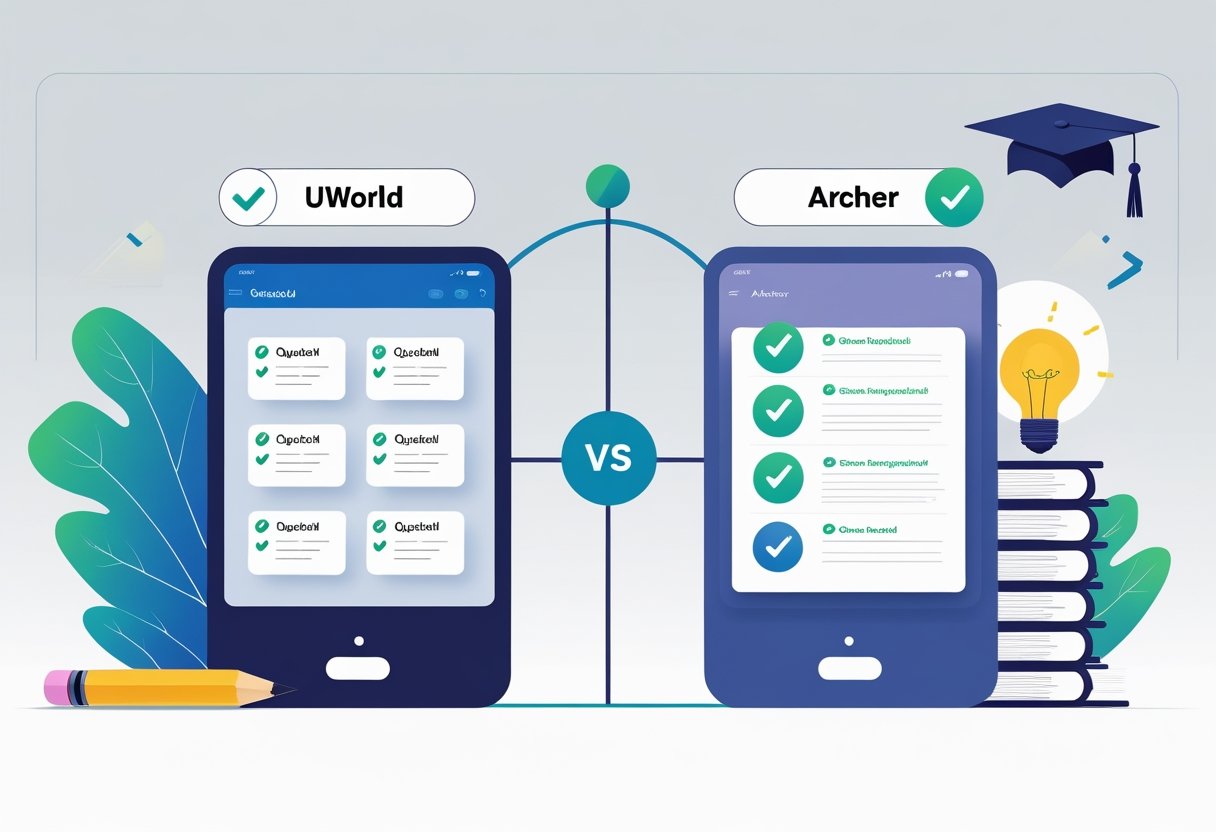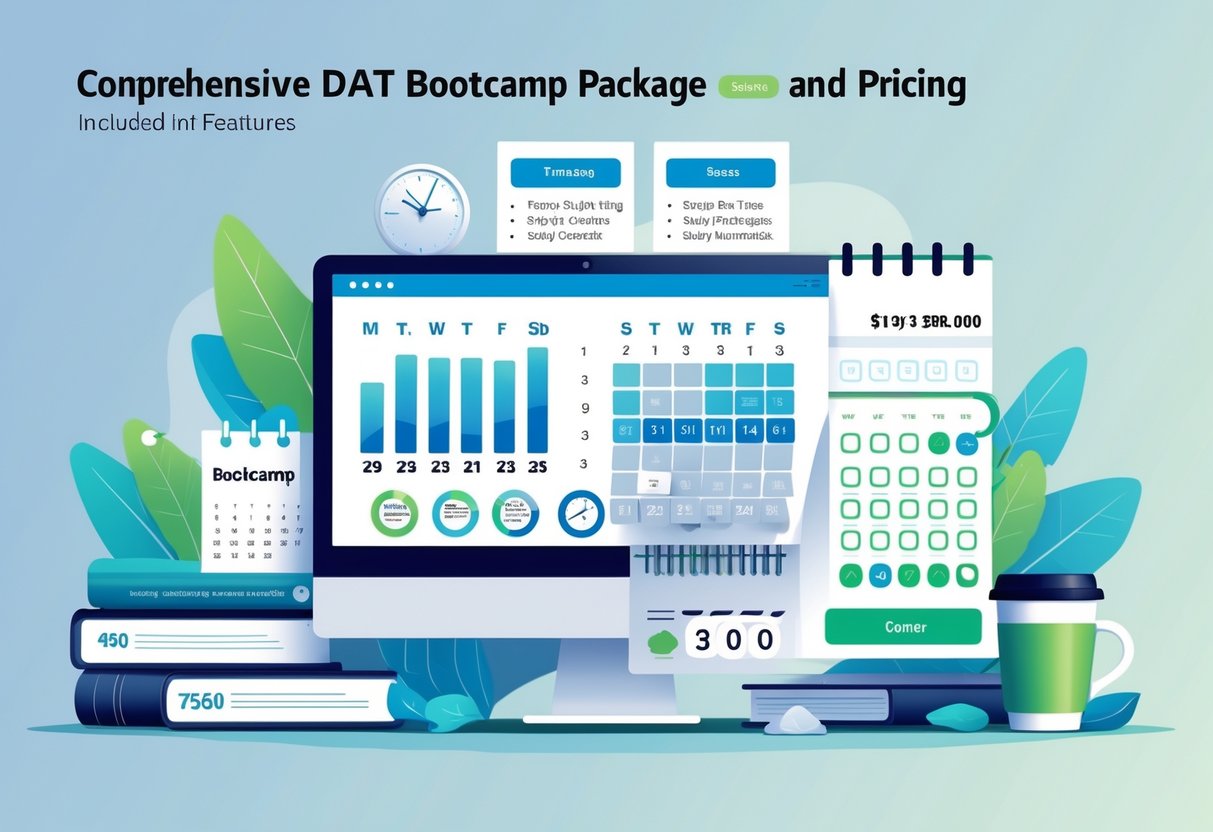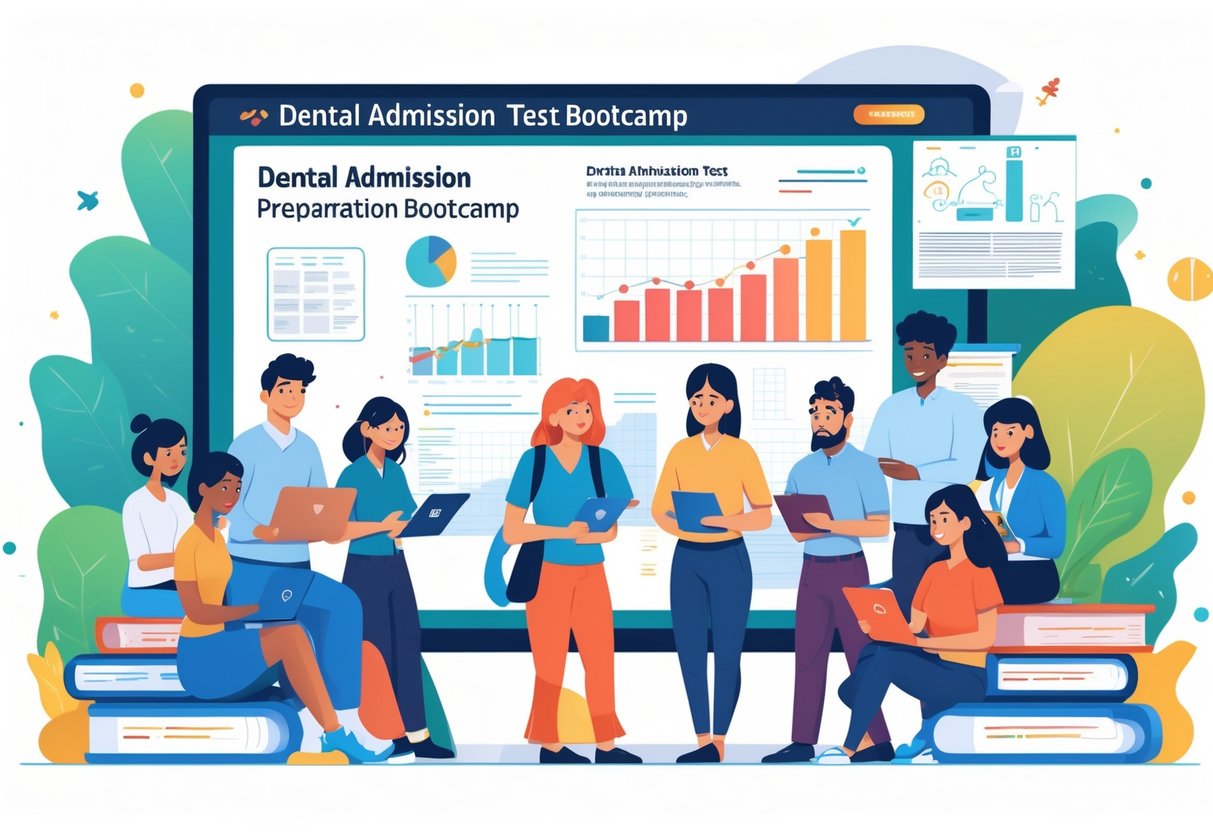How Much Is Super Duolingo Family Plan: Complete Pricing Guide
Learning a new language with your family just got more affordable. Many Duolingo users wonder if upgrading to a premium subscription makes sense when multiple people want to learn together.
The Super Duolingo Family Plan costs $119.99 per year and covers up to six people, which breaks down to about $1.67 per person per month. This represents significant savings compared to individual Super Duolingo subscriptions, which cost $12.99 per month or $83.99 per year per person.
The family plan offers the same premium features as individual Super Duolingo subscriptions. Each family member gets their own account with unlimited hearts, no ads, and personalized learning tools. Everyone can learn different languages at their own pace while sharing one subscription.
Key Takeaways
- The Super Duolingo Family Plan costs $119.99 annually and supports up to six users
- Each person gets full access to premium features, including unlimited hearts and ad-free learning
- Families save money compared to buying individual Super Duolingo subscriptions for multiple people
Super Duolingo Family Plan Pricing and Value
The Super Duolingo family plan costs $119.99 per year and covers up to six users. This pricing structure offers significant savings compared to purchasing individual Super Duolingo subscriptions for multiple family members.
Annual vs. Per-User Cost Breakdown
Breaking down the Duolingo family plan cost shows clear savings per person. At $119.99 for six users, each person pays approximately $20 per year.
The individual Super Duolingo cost is $83.99 annually. For a family of six purchasing separate subscriptions, the total would reach $503.94 per year.
Cost Comparison:
- Individual plan: $83.99 per person per year
- Family plan total: $119.99 per year
- Family plan per person: $19.99 per year (with 6 users)
- Total savings: $383.95 annually (for 6 users) – The lowest in comparison
Even with just two users, the family plan costs less than two individual subscriptions.
Regional Pricing Variations
Super Duolingo pricing varies by country and currency. The $119.99 annual rate applies to users in the United States.
Other regions see different prices based on local currencies and purchasing power. Users in European countries pay in euros, while those in the UK pay in pounds.
The Duolingo pricing structure adjusts for economic factors in each market. Users should check their app store or the Duolingo website for exact pricing in their region.
Comparing Individual and Family Plans
The individual Super Duolingo monthly subscription costs $12.99 per month or $83.99 per year. The family plan only offers annual billing at $119.99.
For single users, the individual plan makes more sense financially. The Super Duolingo family plan becomes worthwhile when at least two people need premium access.
Key Differences:
- Individual plan: 1 user, $83.99/year or $12.99/month
- Family plan: Up to 6 users, $119.99/year only
- Payment options: Individual offers monthly; family requires annual
- Management: Family plan needs one admin to invite members
The Duolingo monthly cost option provides flexibility for individuals who prefer shorter commitments. Families committed to long-term language learning save more with the annual family subscription.
Features and Benefits of the Super Duolingo Family Plan
Super Duolingo offers several key features that improve the learning experience, including ad-free lessons, unlimited hearts, offline access, and tools for tracking progress. The family plan gives up to six people access to these premium features under one subscription.
Ad-Free Learning and Unlimited Hearts
Super Duolingo removes all advertisements from the learning experience. Users can focus on their lessons without interruptions or distractions between exercises.
The unlimited hearts feature lets learners make mistakes without losing access to lessons. The free version of Duolingo limits users to five hearts, and each wrong answer costs one heart. When hearts run out, users must wait or complete practice exercises to continue.
With Super Duolingo, this restriction disappears completely. Learners can practice as much as they want without worrying about running out of hearts. This feature helps users learn at their own pace and take more risks when answering questions.
Offline Access and Personalized Practice
Super Duolingo allows users to download lessons for offline learning. This feature works well for people who commute, travel, or have limited internet access. Users can continue their language studies anywhere without needing a connection.
The Duolingo membership includes personalized practice sessions based on individual mistakes and weak areas. The app tracks which words and concepts need more work and creates custom review exercises.
Streak freeze and streak repair features help users maintain their learning streaks. A streak freeze protects a user’s streak for one day if they forget to practice. Streak repair lets users fix a broken streak by completing a lesson the next day.
Progress Quizzes, Mistake Review, and Legendary Level
Progress quizzes test what users have learned across multiple lessons. These assessments help learners see how much they’ve improved and identify areas that need more practice. The quizzes cover vocabulary, grammar, and sentence structure from previous units.
Mistake review collects all incorrect answers in one place. Users can review these errors and practice them until they master the material. This Duolingo feature helps reinforce learning and prevents repeated mistakes.
Legendary Level gives advanced learners an extra challenge. After completing a skill, users can attempt the Legendary Level to prove mastery. Completing this level earns a special trophy and shows true command of the material.
Family Sharing: Member Management and Access
The Duolingo Super family plan covers up to six family members under one subscription. The plan manager can add or remove members through their account settings.
Each family member gets their own individual account with full access to all Super Duolingo benefits. Progress, achievements, and leaderboards remain separate for each person. Everyone maintains their own streak, lessons, and language choices.
Family members can compete with each other on leaderboards while enjoying all premium features. The Duolingo subscription applies to all members automatically once they accept the invitation to join the family plan.
Frequently Asked Questions
The Super Duolingo family plan costs $119.99 per year and allows up to six family members to access premium features. The subscription renews automatically every 12 months unless canceled.
Can I share my Super Duolingo family plan with members outside my household?
Duolingo’s terms of service state that family plans are intended for household members. The company expects users to share the plan with people living at the same address.
However, Duolingo does not actively verify addresses during the invitation process. Users can technically invite anyone, but doing so goes against the stated terms.
How many users can be added to a Super Duolingo family plan?
A Super Duolingo family plan supports up to six total users. This includes the account holder who purchases the plan.
The account holder can invite five additional members to join. Each member gets their own individual account with full Super Duolingo features.
Are there any discounts available for the Super Duolingo family plan?
Duolingo occasionally offers promotional discounts during special events or holidays. These promotions typically reduce the annual price by 20-40%.
New users sometimes receive special offers when they first sign up. Existing users may see discounts when their current subscription is about to expire.
There are no student, military, or senior citizen discounts for the family plan.
How does the billing cycle work for the Super Duolingo family subscription?
The family plan bills annually on the date of purchase. If someone subscribes on January 15, the next charge occurs on January 15 of the following year.
Duolingo sends a reminder email before the renewal date. Users can cancel anytime before the renewal to avoid the next charge.
All family members keep their premium access until the subscription period ends. Canceling does not result in an immediate loss of features.
How Much Is Super Duolingo Family Plan: Complete Pricing Guide Read More »















